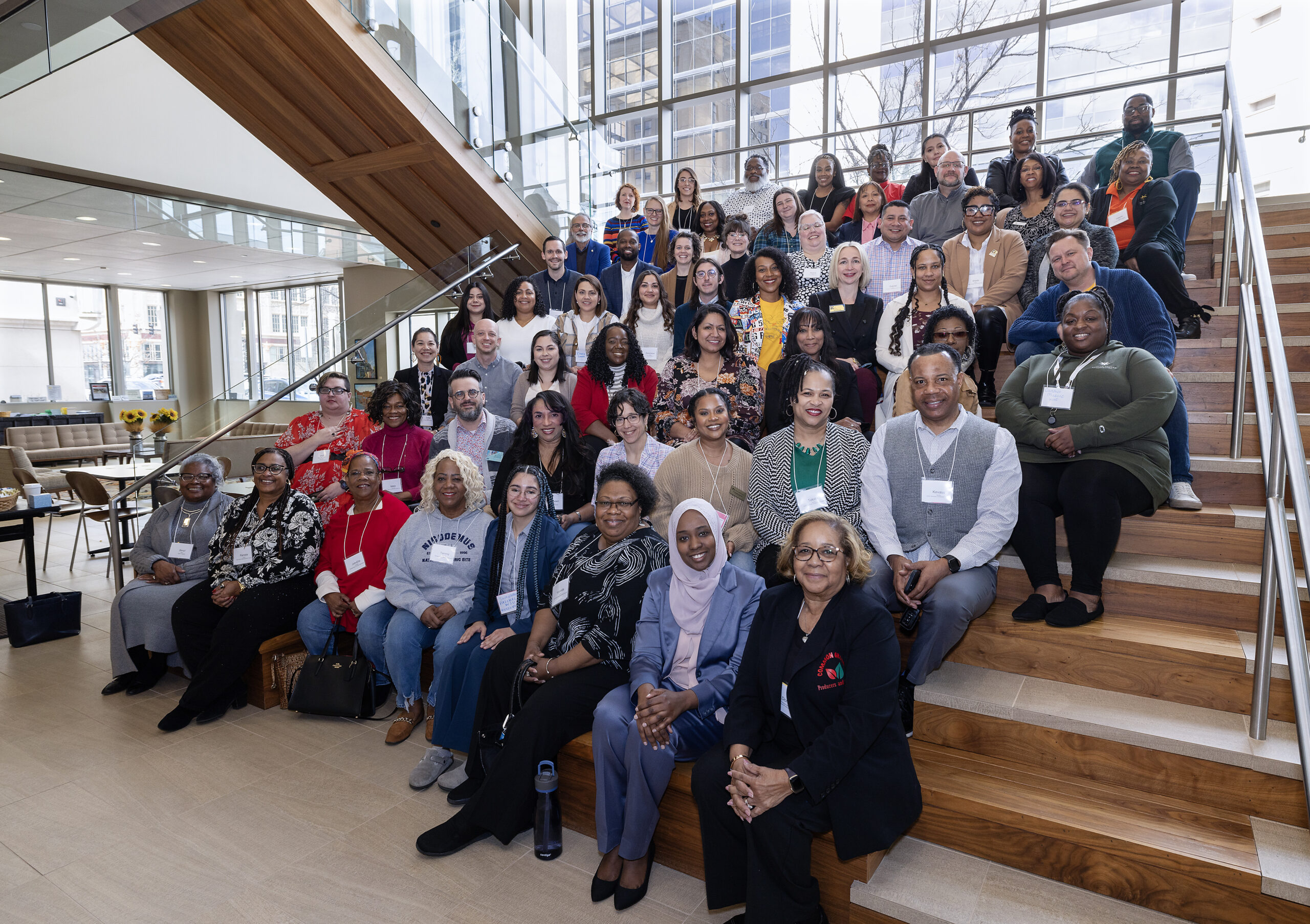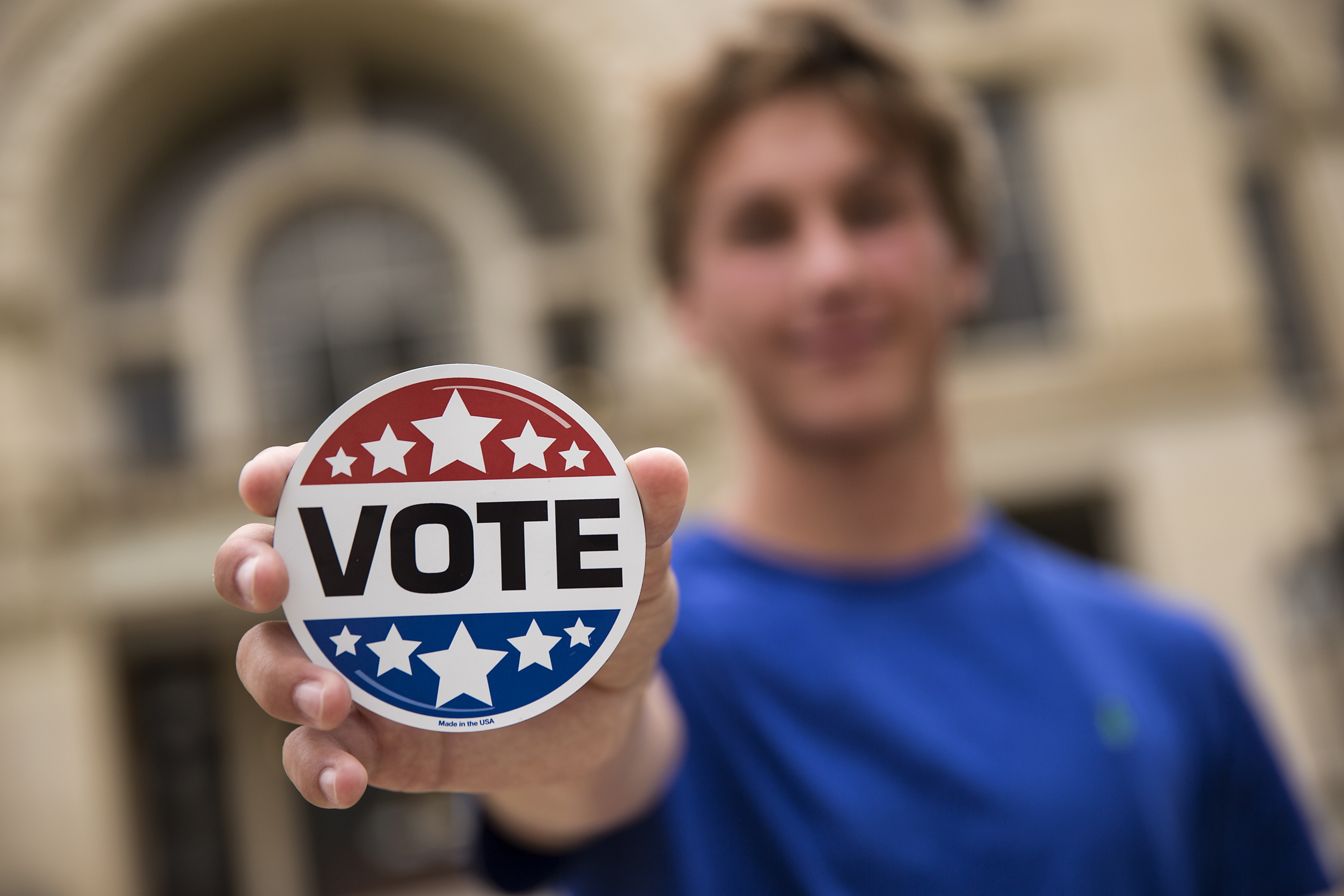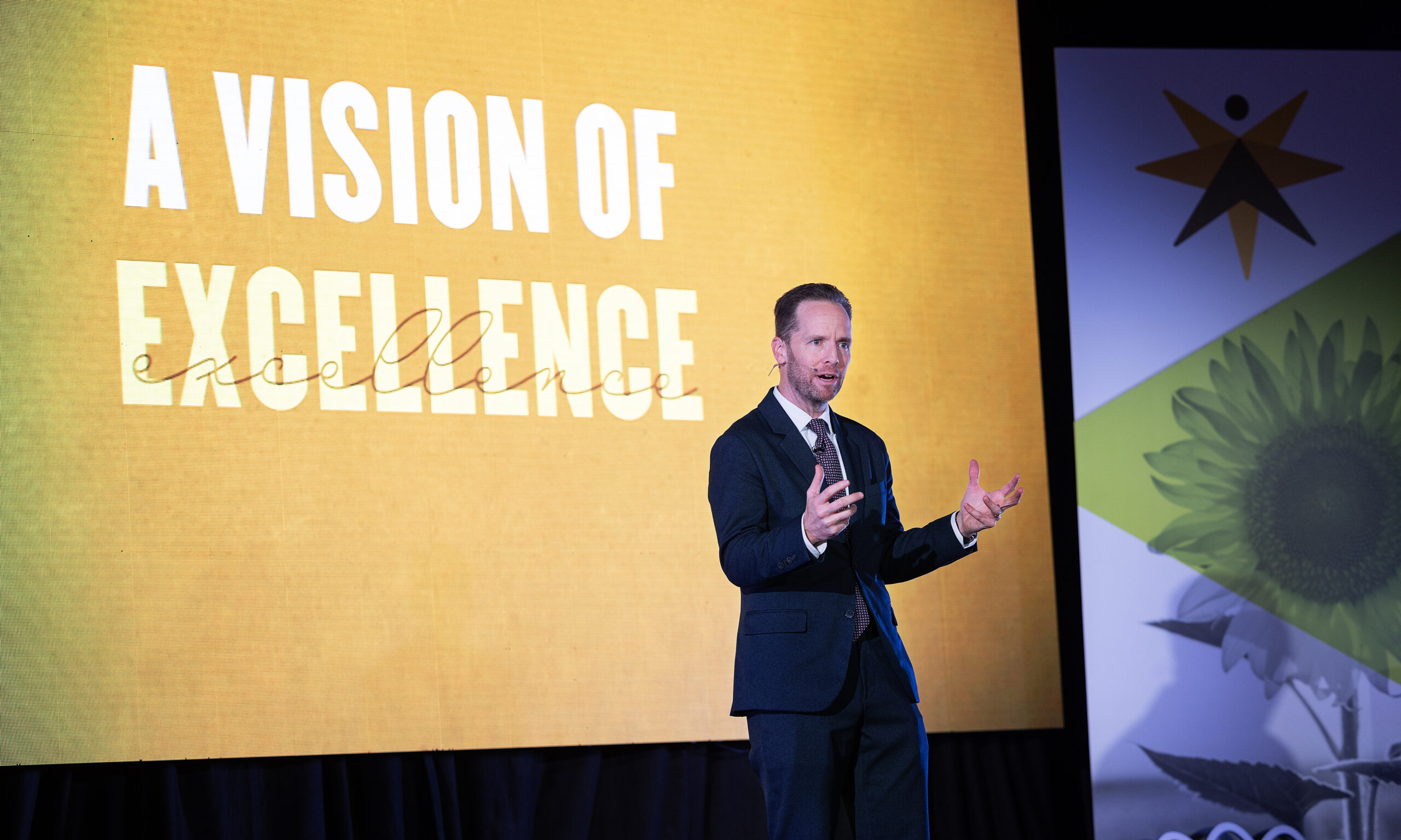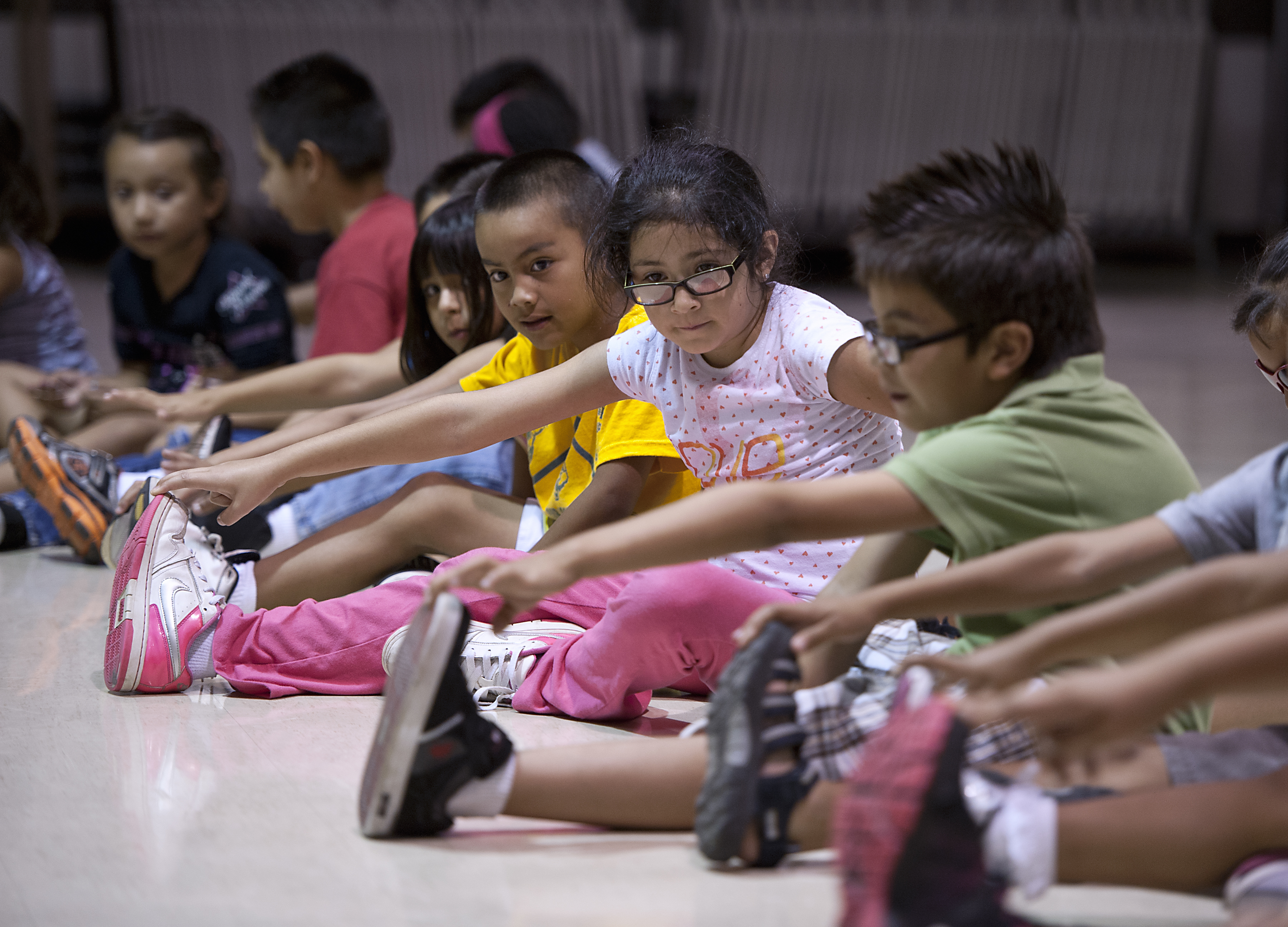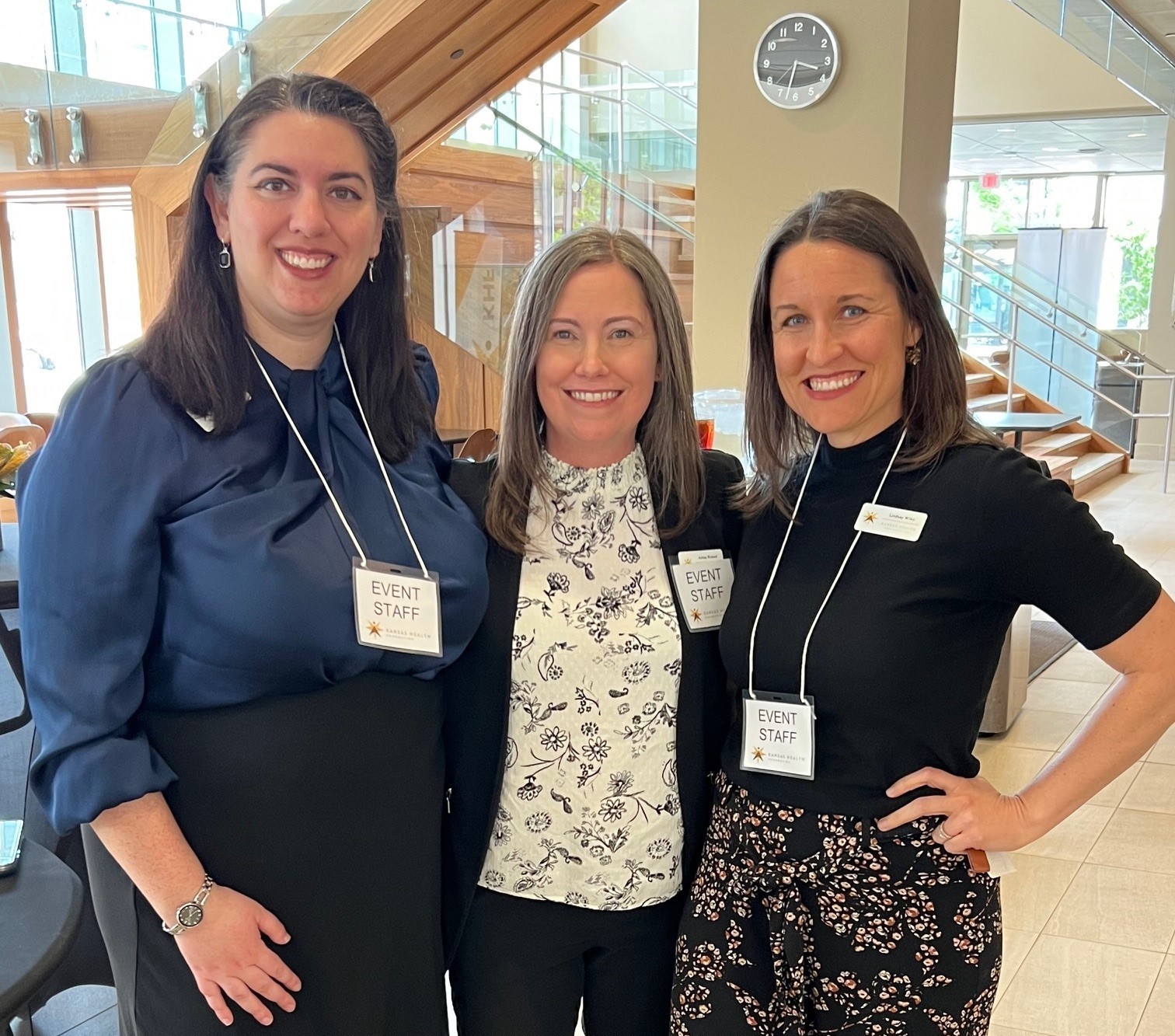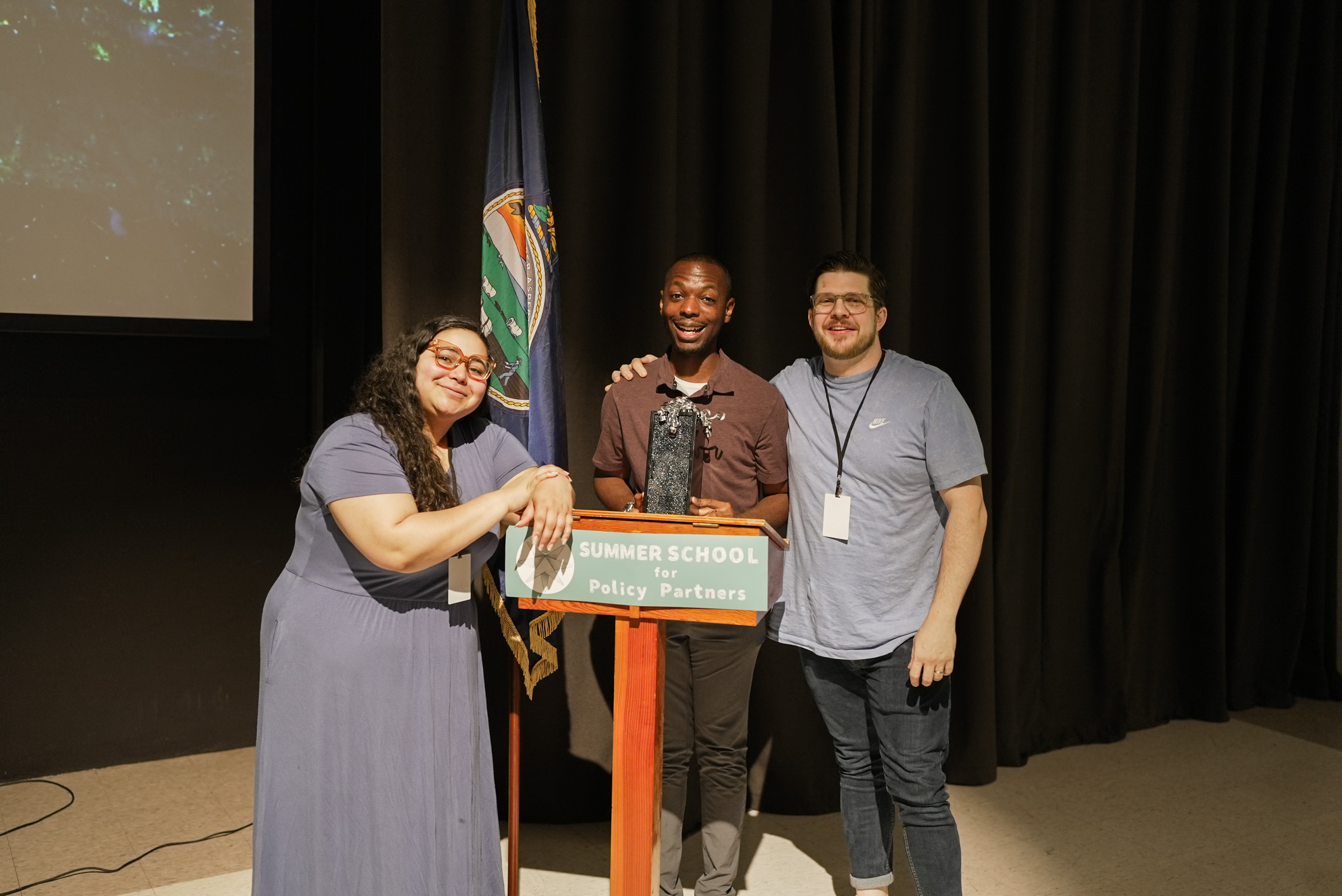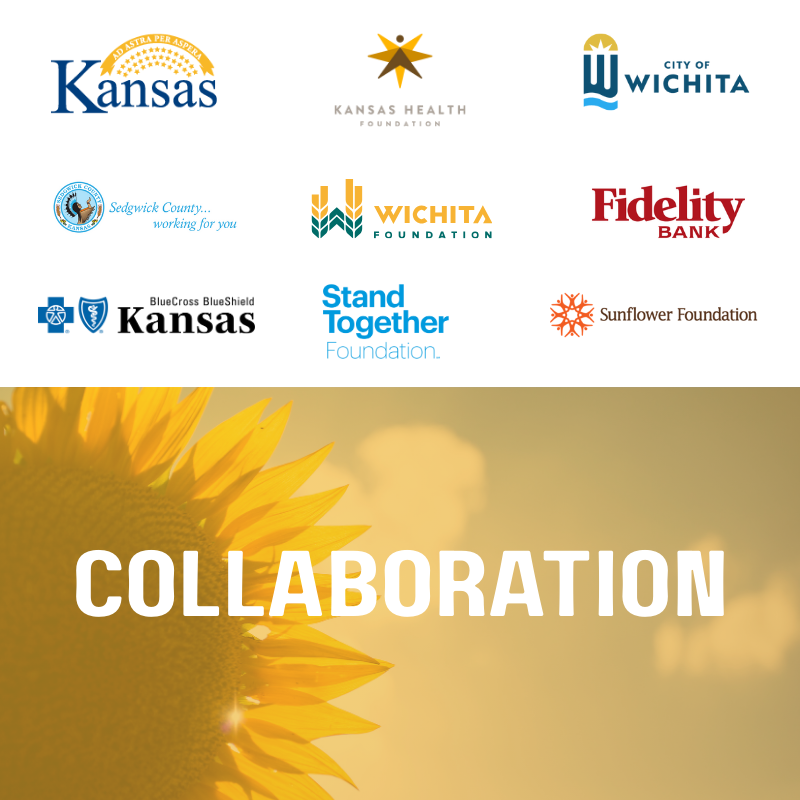WICHITA, Kan. – The Kansas Health Foundation (KHF) recently awarded the League of Kansas Municipalities approximately $500,000 for a statewide educational campaign on the importance of the 2020 Census participation and the connection between population data and funding for Kansas resources.
The League of Kansas Municipalities will use funding for research, education, campaign creation and implementation, campaign management and mini-grants to cities for localized campaign promotion, and training of city/county government officials.
“Census results are used to target federal assistance to states, localities and families, and help guide community decision-making that affects multiple sectors,” said Steve Coen, KHF president and CEO. “For these reasons and more, it’s incredibly important that Kansas secures an accurate Census count of all residents.”
Based on 2010 Census response rates, certain communities across the country and Kansas have been designated “hard-to-count” (HTC) due to internet and broadband issues, and the percentage of population groups that are at risk of being undercounted – including African-Americans, Latinos and children under age 5.
Approximately 10 percent of the current Kansas population (284,680) lives in HTC neighborhoods. A large percentage of under-represented populations reside in such communities, including more than*:
- 80,000 Latinos
- 54,000 African-Americans
- 26,000 children under age 5
Kansas receives $4.48 billion per year, or $1,539 per capita per year, based on the 16 largest federal assistance programs that distribute funds per the decennial census**. Research indicates that if Kansas experiences even a 1 percent undercount, the state risks losing over $29 million in just one year***.
As a membership association that advocates on behalf of cities and offers training and guidance to city-appointed and elected officials, the League of Kansas Municipalities is best positioned to educate communities on the importance of the 2020 Census, Coen said.
“We are excited for the opportunity to work with the Kansas Health Foundation and promote participation in the Census on April 1, 2020,” said Erik Sartorius, executive director of the League of Kansas Municipalities. “Communities across Kansas rely on many services that are funded with population-based data. We want to make sure those communities are counted accurately; we have a strong network in place with local government officials to achieve a goal of robust participation in the Census.”
As a result of the campaign, it is hoped that local chambers, nonprofit groups, and other community organizations will actively find ways to obtain an accurate count where they live.
“Our Kansas communities can’t afford to miss out on this funding,” Coen said. “By partnering with the League of Kansas Municipalities on this statewide education campaign, we truly believe we’ll be able to increase 2020 Census knowledge and participation that will help strengthen Kansas communities through equal access to vital public and private resources.”
###
*HTC 2020, Kansas https://www.censushardtocountmaps2020.us/
**The George Washington Institute of Public Policy, The George Washington University, Counting for Dollars 2020, 16 Large Federal Assistance Programs that Distribute Funds on Basis of Decennial Census-derived Statistics, Kansas, https://gwipp.gwu.edu/sites/g/files/zaxdzs2181/f/downloads/Kansas CFD 08-18-17.pdf.
***The George Washington Institute of Public Policy, The George Washington University. Counting for Dollars: The Role of the Decennial Census in the Geographic Distribution of Federal Funds, Table 2, Kansas https://gwipp.gwu.edu/sites/g/files/zaxdzs2181/f/downloads/GWIPP%20Reamer%20Fiscal%20Impacts%20of%20Census%20Undercount%20on%20FMAP-based%20Programs%2003-19-18.pdf.
NOTE: To speak directly with the League of Kansas Municipalities, please contact Megan Gilliland, Communications & Education Manager, at (785) 354-9565 or mgilliland@lkm.org.



